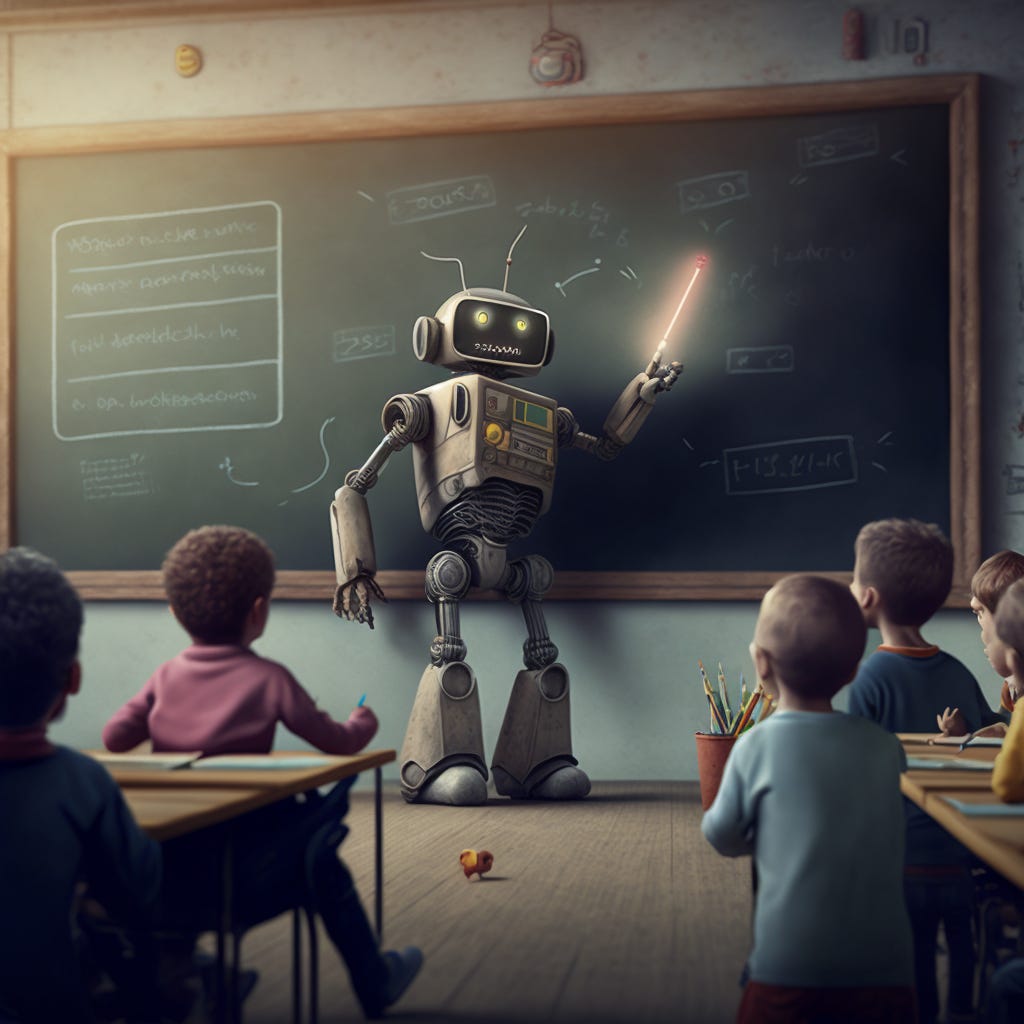
The world students are stepping into is changing faster than any generation before them. Schools are no longer just about textbooks, exams, and fixed curriculums. They’re evolving into dynamic spaces that prepare learners for a future fueled by artificial intelligence, rapid innovation, global collaboration, and entirely new job roles.
To thrive in the next decade, students will need more than academic knowledge. They will need a blend of digital, social, emotional, and creative skills that help them adapt, think independently, and solve real-world problems.
AI is becoming a part of every field — education, healthcare, finance, design, entertainment, and more. Students who learn how AI works and how to use it responsibly will be far ahead of the curve.
1.AI Literacy: Understanding and Using Artificial Intelligence
Key points:
- Understanding what AI can and cannot do
- Using AI tools ethically
- Learning how to evaluate AI-generated information
- Building problem-solving skills with AI support
AI literacy won’t replace learning; it will enhance it.
2. Digital Habits: Mastering Tech Instead of Being Controlled by It
Students live online more than any previous generation. Healthy digital habits are becoming essential life skills.
- Managing screen time wisely
- Staying focused in a distraction-heavy environment
- Organizing digital notes and learning materials
- Protecting personal data and privacy
Strong digital habits ensure that technology stays a tool, not a trap.
3. Critical Thinking: The Skill That Outlasts Every Trend
Automation can perform tasks, but it cannot replace human reasoning. Schools are increasingly focusing on teaching students to question, analyze, and think deeper.
Students benefit from:
- Evaluating information instead of memorizing it
- Solving open-ended problems
- Applying logic in real-life scenarios
- Identifying misinformation
Critical thinking turns information into intelligence.
4. Communication Skills: Speaking, Writing, and Expressing Clearly
Future workplaces value students who can express their thoughts clearly and confidently.
Communication now includes:
- Speaking in front of groups or online
- Writing concisely on digital platforms
- Active listening
- Explaining ideas in simple terms
No matter how advanced technology becomes, communication will always be a human superpower.
5. Emotional Intelligence (EQ): Managing One’s Mind and Emotions
As mental health awareness rises globally, emotional intelligence has become a core skill.
Students with high EQ:
- Understand their feelings
- Resolve conflict maturely
- Support their peers
- Deal with stress better
- Stay motivated during challenges
EQ is just as important as IQ in the modern world.
6. Creative Thinking: The Skill AI Cannot Replace
Innovation comes from creativity. Students who can think differently, connect unusual ideas, and explore new angles will thrive.
Creative thinking includes:
- Brainstorming freely
- Experimenting with ideas
- Turning mistakes into discoveries
- Approaching problems from multiple perspectives
Creativity is becoming one of the most valued skills globally.
7. Digital Safety and Cyber Awareness
With increased digital use comes higher risks.
Students must learn:
- How to identify online threats
- Safe social media behavior
- Understanding digital footprints
- Protecting personal information
Cyber awareness ensures students can explore the online world safely.
8. Collaboration: Working Together in the Modern Classroom
Most careers of the future require teamwork. Schools are preparing students by encouraging more group projects and peer learning.
Collaboration skills include:
- Sharing responsibilities
- Respecting diverse opinions
- Communicating clearly within a team
- Solving disagreements respectfully
Students who collaborate well become strong leaders.
9. Financial Literacy: Understanding Money from an Early Age
Financial literacy is slowly becoming a part of modern school curriculums for a good reason.
Students learn:
- Budgeting basics
- Saving and spending wisely
- Understanding value and priorities
- Planning for future goals
Money skills built early last a lifetime.
10. Adaptability: Thriving in a Fast-Changing World
The next decade will bring unpredictable change. Students who are flexible and open to new ideas will succeed.
Adaptability looks like:
- Learning new tools quickly
- Adjusting to different environments
- Staying positive during challenges
- Developing resilience
Adaptable students turn challenges into opportunities.
Final Thoughts
Future-ready schools are not just teaching students what to learn. They are teaching them how to learn, think, create, and adapt.
When students build these skills — from AI literacy and communication to emotional intelligence and adaptability — they don’t just prepare for the next decade. They prepare for a lifetime of growth.
If you want, I can now create cluster blogs for each of the 10 skills listed above. Let me know which one you want first.
